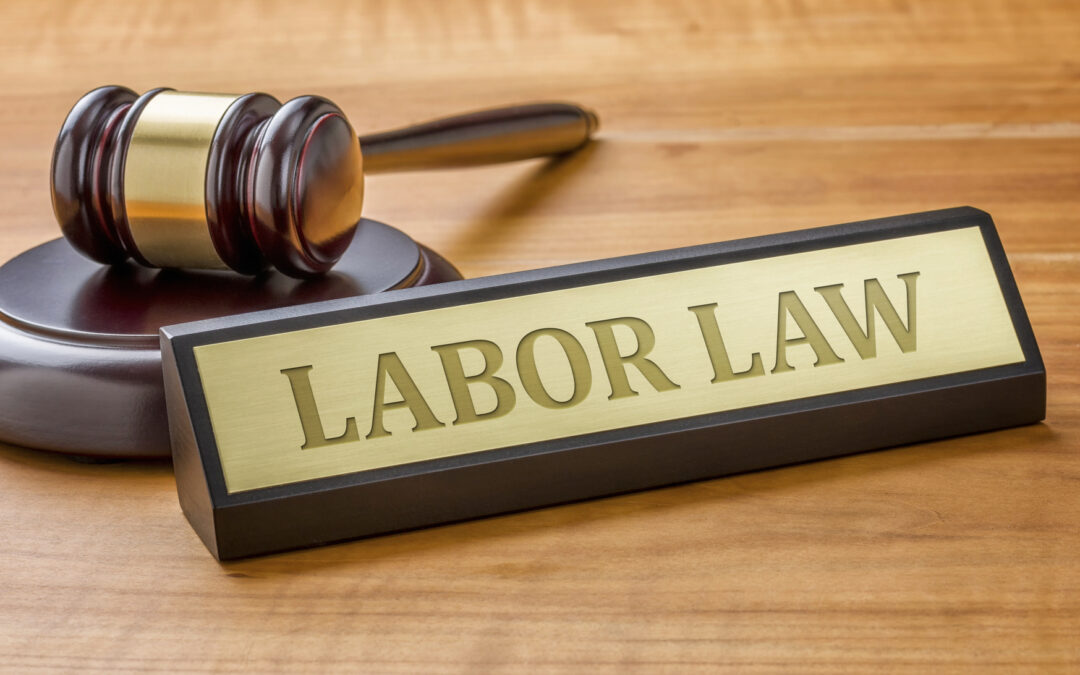In Airgas v. National Relations Board, 2019 WL 762199 (6th Cir., Feb. 21, 2019), Rottinghouse, a truck driver for Airgas, had filed a grievance with the employer under the collective bargaining agreement. He alleged the written warning he received for failing to properly secure his cargo should have been no more severe than a verbal warning. The grievance was ultimately unsuccessful, but Rottinghouse filed a charge with the National Labor Relations Board (“the Board”), alleging his discipline was in retaliation for previously filing a charge of an unfair labor practice with the Board under Section 8(a)(4) of the National Labor Relations Act. Section 8(a)(4) of NLRA prohibits discrimination against an employee because he has filed charges under the Act. The Board’s Administrative Law Judge found Airgas had used written discipline to retaliate against Rottinghouse for previously filing charges against it and the Board affirmed. Airgas appealed and the Sixth Circuit affirmed the Board’s decision as it was found to be supported by substantial evidence.
Under the controlling Wright Line decision, it must be shown the employee engaged in protected activity under the NLRA, the employer was aware of that activity, and the employer acted on the basis of some anti-union animus. As the first two elements were undisputed, the court focused on whether there was evidence of anti-union animus. In affirming the Board’s decision, the court found substantial evidence supported the Board’s conclusion that the operations manager’s description of the events regarding the discipline was not credible, based on certain inconsistencies in his testimony and other evidence which indicated he was not truly concerned with fixing an alleged safety problem. The court further found substantial evidence supported the Board’s conclusion based on the temporal proximity between the protected activity and the discipline one month later, providing circumstantial evidence of anti-union animus. Finally, the court concluded the evidence of disparate treatment of other employees for similar violations established the existence of pretext by the employer. Thus, the Sixth Circuit affirmed the Board’s decision finding a violation of Section 8(a)(4) of the NLRA.

